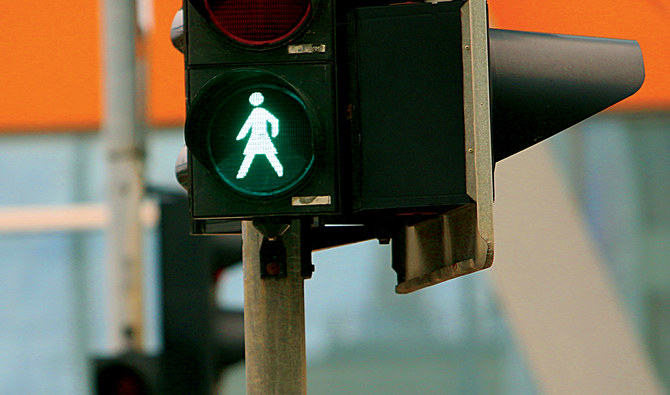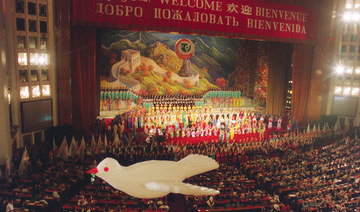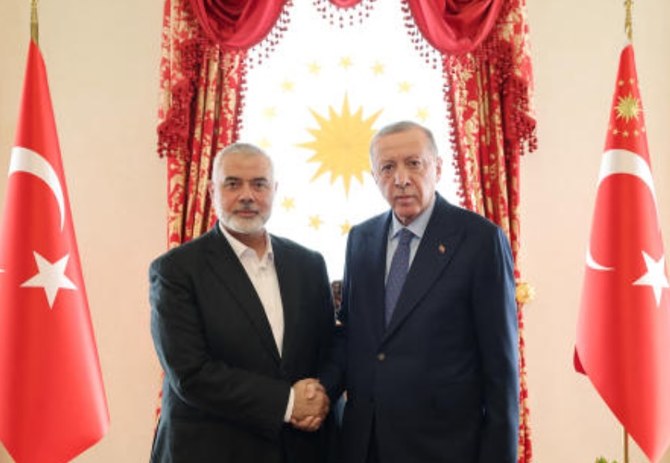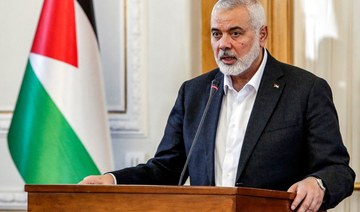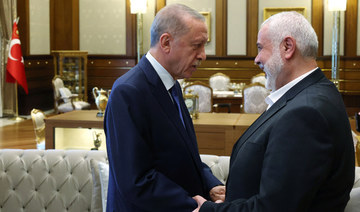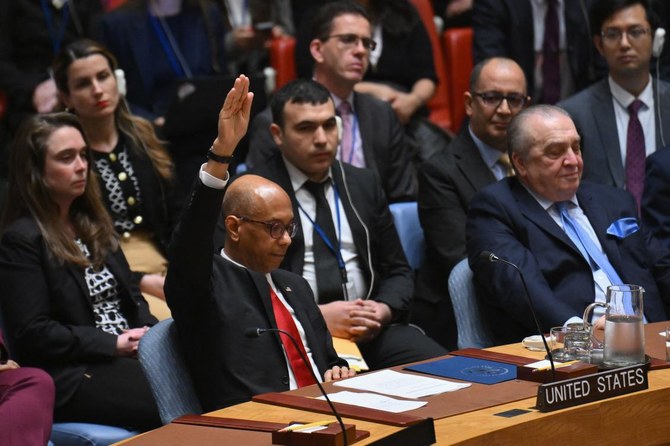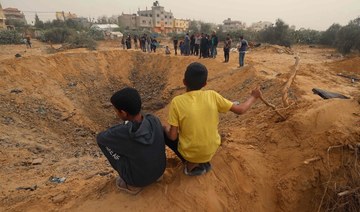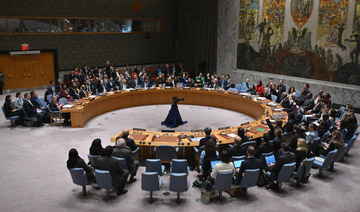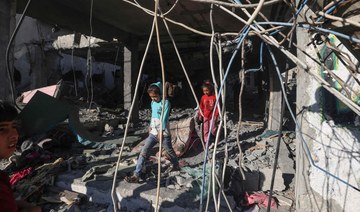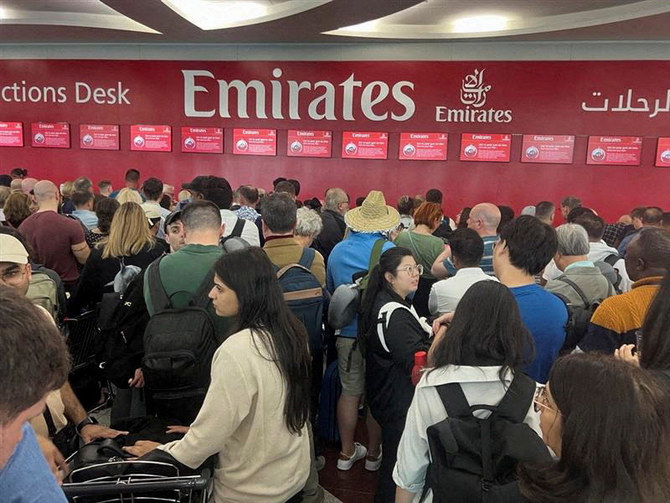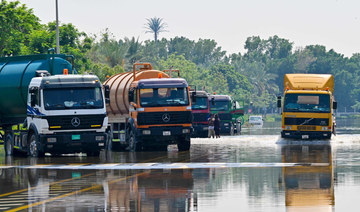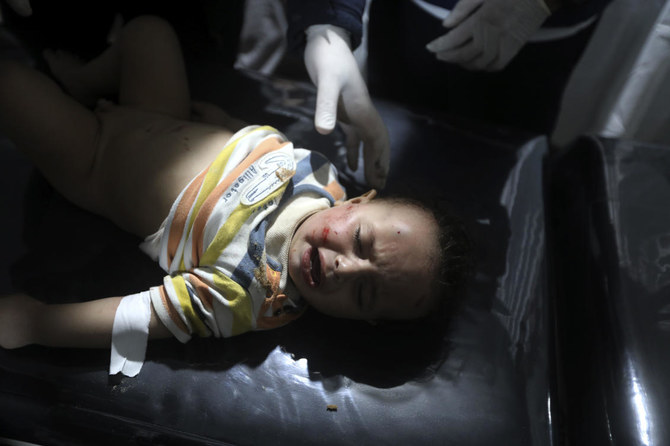ABU DHABI: The importance of gender equality — equitable or fair representation of men and women — is gaining ground in Arab countries whose leaders and governments have come to regard it as an economic and strategic imperative.
The consensus view of a group of experts who took part in a panel discussion at the recent SALT Conference in Abu Dhabi is that countries that boost women’s employment are, sooner or later, likely to reap economic rewards.
Estimates show that bringing each GCC member up to the best regional standard for women’s workforce participation would roughly add $180 billion — or 7 percent — to the size of the bloc’s combined economy by 2025, while full gender parity would add 32 percent, or $830 billion.
“The Middle East has traditionally been behind other regions of the world in terms of the gender gap,” said Masuda Sultan, chief executive officer of Symbio Services and a women’s rights advocate. “But that’s changing, with countries like the UAE leading the way amid a revolutionary time for the region.”
From establishing a Gender Balance Council to guaranteeing that women will comprise almost half the seats in the Federal National Council (FNC), the UAE is seen as having made great strides in the field.
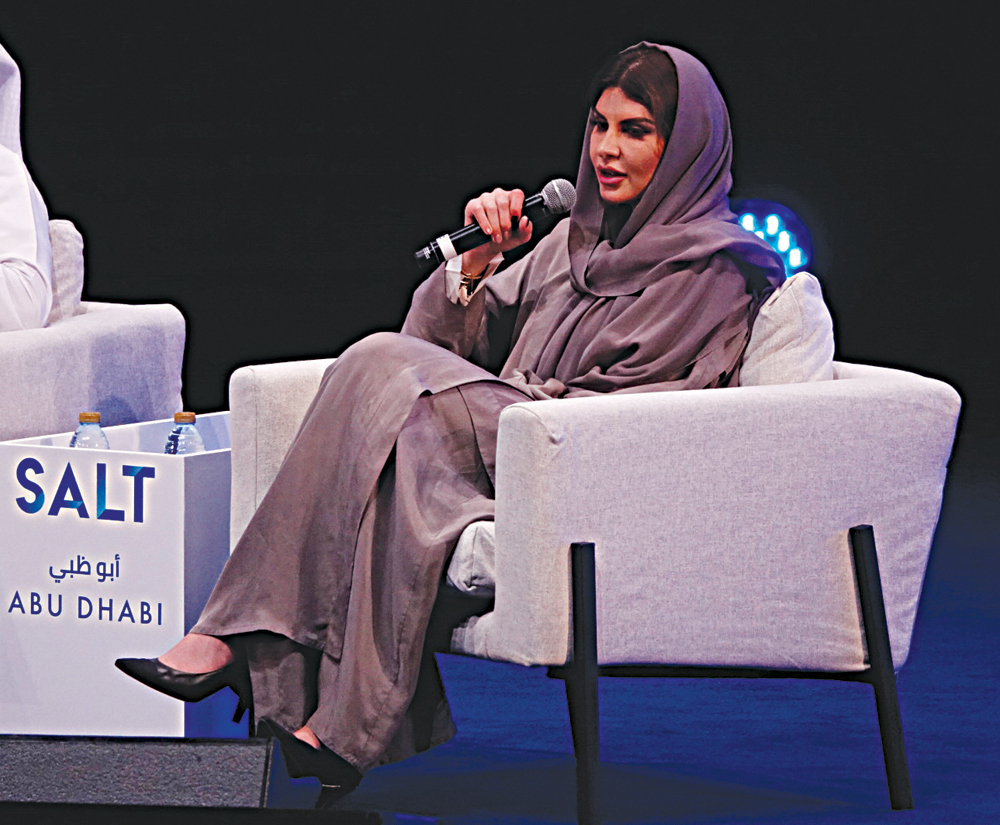
Dr Shayma Fawwaz, Emirati entrepreneur, at the SALT conference. (AN photo by Huda Bashatah)
“Since its inception, the UAE has been a champion of female empowerment and equality,” said Dr. Shayma Fawwaz, owner and founder of Gossip The Brand and an Emirati entrepreneur.
“The country’s founding father, the late Sheikh Zayed, started this mission and always saw that women were half of society and should be empowered through education and the workforce.
“My mother was one of the founding members of the UAE, convincing parents to let their children go to school and universities, but the leaders had a clear vision: Women have to be a part of society, educated and allowed to do work that they can be proud of.”
In 2012, the UAE Cabinet made it compulsory for corporations and government agencies to include women on their boards of directors.
“Women proved themselves in many workplaces and today we want them to have a strong presence in decision-making positions in our institutions,” Dubai’s Ruler and UAE Vice President Sheikh Mohammed bin Rashid said on Twitter when he announced the decision.
Speaking as an Emirati woman, Fawwaz said: “Currently, we have equal pay between men and women and we have a new maternity leave extended from one to three months. I have always found Emirati men to be very supportive and I am very proud because it is part of our culture.”
As for Saudi Arabia, many gradual reforms had been introduced since its accession to the Convention on the Elimination of all Forms of Discrimination Against Women in 2000.
The announcement of the Vision 2030 reform plan in 2016 gave a massive fillip to women’s empowerment. Besides changes to laws and regulations governing their lives, Saudi women have been allowed to enter new fields such as aviation, state security, economy, entrepreneurship, tourism and entertainment.
According to studies reported by Scientific American, organizations with inclusive cultures have greater innovation, creativity and bottom-line results.
“When a company’s culture feels fair and inclusive, women and underrepresented groups are happier and more likely to thrive,” said McKinsey & Company in its “Women in the Workplace 2019” report.
Many say that the business case for equality and inclusion is no less compelling in the Arab world than it is in the West. Several studies have reported a correlation between an inclusive workplace and a diverse workforce with such positive business metrics as productivity, profitability, quality, employee commitment and retention.
That being said, in the Middle East and North Africa region there are legal impediments to progress on the issue of gender equality, according to Raya Abu Gulal, founder of the Women Lawyers Group ME.
“If we look at the constitutions of most Arab countries, they support gender equality, and one of the first provisions referred to is that men and women are equal,” she said.
“But the reality of regulations concerning women, such as domestic violence, sexual harassment and inheritance, is different. They are not in line with the provisions in the constitutions.”
Implementation is another story as many women and men are not adequately educated when it comes to their rights or women’s management of their money under Sharia law.
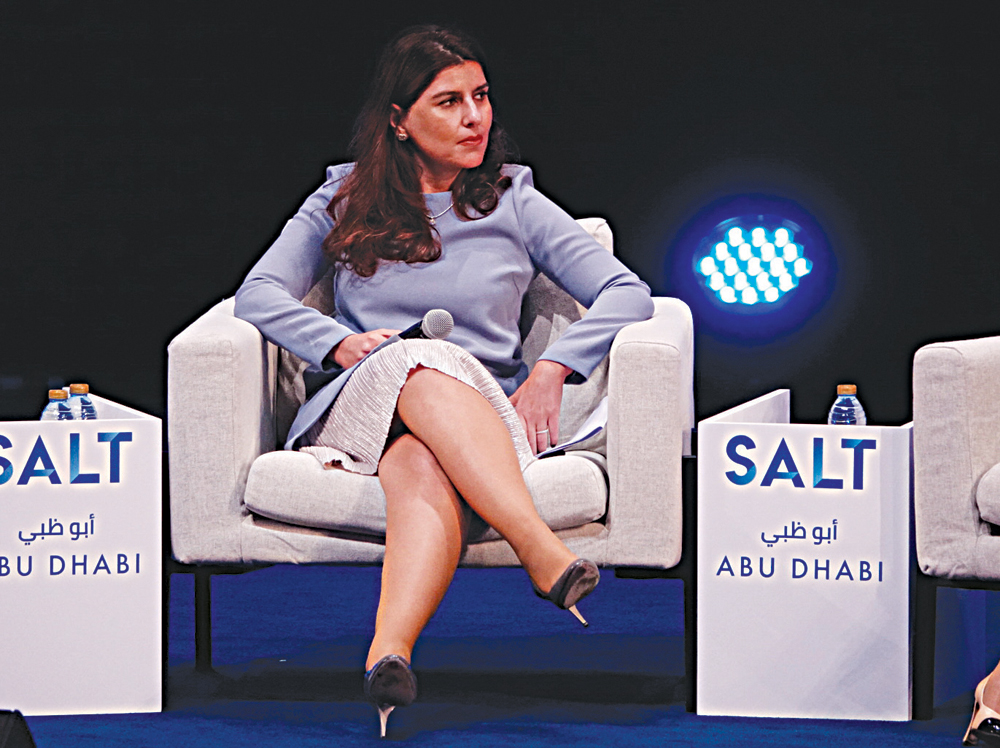
Raya Abu Gulal, founder of the Women Lawyers Group ME. (AN photo by Huda Bashatah)
“We also have to look at the culture, traditional barriers and ongoing conflicts in the Arab world that are holding women back from fully exercising their legal rights,” Gulal said.
“We have great initiatives and support but there are a lot of cultural as well as security issues, which are a major disadvantage for women because they are more vulnerable.”
Then are other drawbacks, such as bankruptcy laws that are not conducive to gender diversity, especially when one considers the risks aspiring female entrepreneurs face in the form of harsh penalties if they fail to clear their debts.
“There’s a myth about women with a family and children being less willing than men to take the risk of borrowing money to set up their own business when it could end in imprisonment,” Gulal said.
“We have to improve the relevant laws to make it easier for women to have access to finance and better terms if they can’t clear their debts.”
In the context of the UAE, Nabyl Al-Maskari, chief executive officer of Al Maskari Holding, said that gender inclusion, especially empowerment of women, was among the country’s foundational principles while education has been one of the main drivers of the achievements of Emirati women.
Currently, more than 70 percent of university graduates in the UAE are women, which perhaps explains why about 10 percent of the country’s total national income is driven by women, compared with the global figure of 1 percent.
“This has a lot to do with women receiving an education and pursuing a career,” he said. “It’s really about encouraging women to get an education.”
Al-Maskari recounted that his Emirati mother was one of the first entrepreneurs in the UAE and the first woman to receive a construction license in the country.
“My mother is well known among the community as a pioneering woman engineer, a Ph.D holder and geophysicist,” he said.
“She did that because, for her, it was the way in which she could contribute most back to her country and to her society.”



